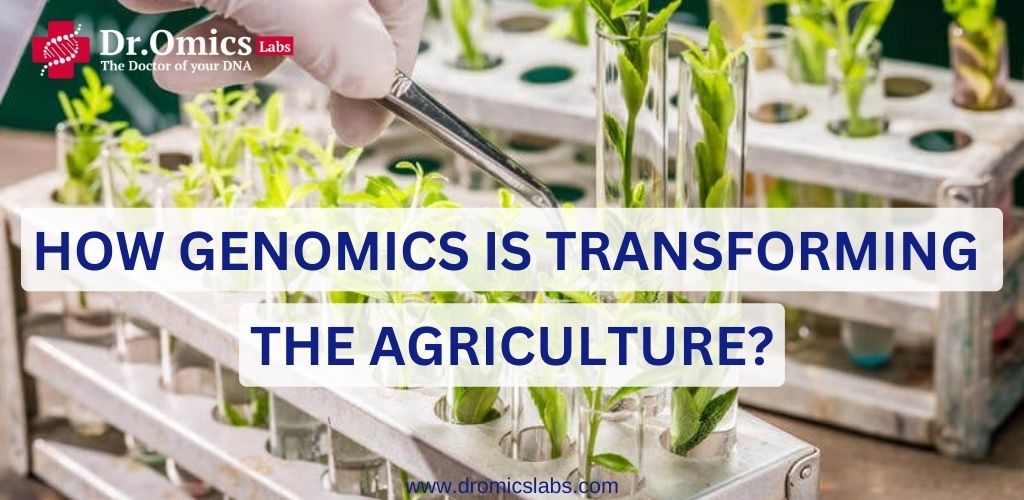Genomics has provided us with an unprecedented ability to understand and improve the genetic information of plants and animals. Scientists can now play with genes to enhance crop yields, increase nutritional elements in produce, develop resistance against diseases and pests, and cope with the impacts of climate change.
Genomic advancements have revolutionized agriculture, offering solutions to challenges that were once insurmountable. Here are a few examples:
- Bt Maize (Corn): In this genetically modified crop, a bacterial gene is inserted, conferring resistance against damage caused by pests. Bt maize protects the crop and enhances productivity by reducing losses due to pests.
- Vitamin A-Enriched Rice: Certain varieties of rice are engineered with genes encoding beta-carotene and vitamin E. These genes contribute to the production of rice rich in essential nutrients, addressing malnutrition concerns in regions where rice is a staple food.
- Cold-Tolerant Crops: By introducing anti-freeze genes into crops, they can become more tolerant to cold temperatures. This genetic modification aids in adapting crops to changing climatic conditions, ensuring sustained agricultural productivity in the face of climate change.
Accelerating Breeding Through Marker-Assisted Selection
In addition to direct genetic modification, genomics tools like DNA markers and genome mapping are assisting plant breeders in rapidly improving crops through marker-assisted selection (MAS). By identifying genetic markers associated with desirable traits, breeders can more precisely screen breeding lines and progeny for traits like increased yield, disease resistance, and abiotic stress tolerance. This genomic screening drastically reduces guesswork and speeds up the breeding process from over a decade to a few years.
Genome Editing for Precise Modifications
Powerful new genome editing technologies like CRISPR are enabling plant scientists to alter plant genomes with unprecedented control and efficiency. Rather than introducing foreign genes, scientists can now make targeted changes to a plant’s existing DNA. This allows for safer, more controlled genetic improvements to crops. Genome editing has already been used to improve yield, nutrition, and disease resistance in crops.
Microbiome Manipulation for Crop Health
The plant microbiome – the community of microbes living on and around plants – plays vital roles in plant health and stress tolerance. Advances in genomic sequencing have allowed researchers to better understand and manipulate the crop microbiome composition to improve yields, nutrient uptake, and disease resistance in more sustainable ways. Probiotics, prebiotics, and microbial inoculants are promising alternatives to synthetic chemicals.
Data Analytics and AI for Smarter Decisions
The genomics revolution has led to a massive increase in biological data available to breeders and growers. Using AI and advanced analytics on phenotypic, genomic, transcriptomic and metabolomic datasets can help unlock insights for data-driven decision making – helping select better crops, predict outcomes, optimise yields, and reduce risks.
Genomics will continue to transform global agriculture in wondrous ways in the 21st century through genetic improvement, accelerated breeding, precise editing, microbiome manipulation, and data analytics. The future of farming is more promising than ever before.
References
Global Role of Crop Genomics in the Face of Climate Change
https://www.ncbi.nlm.nih.gov/pmc/articles/PMC7378793/




